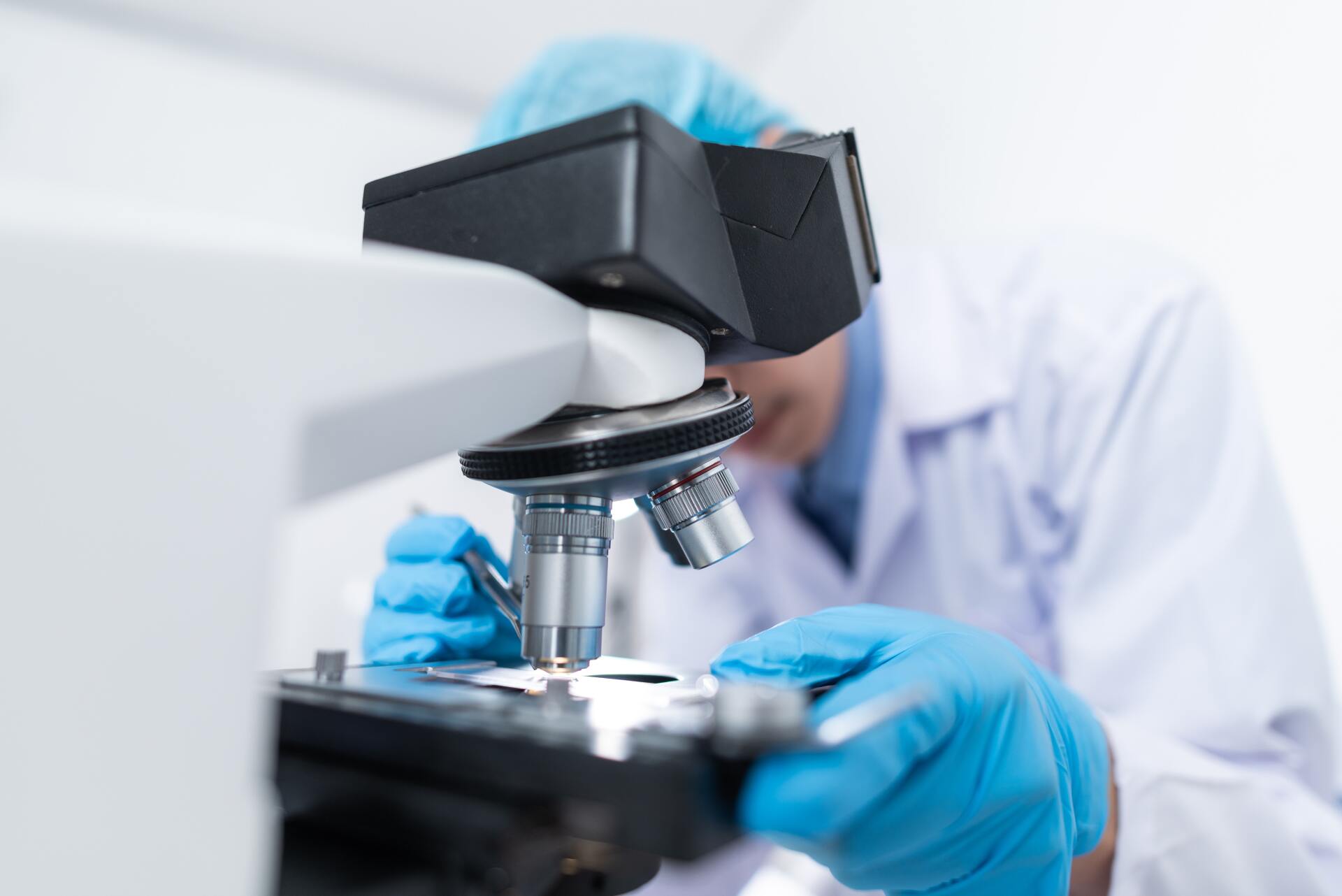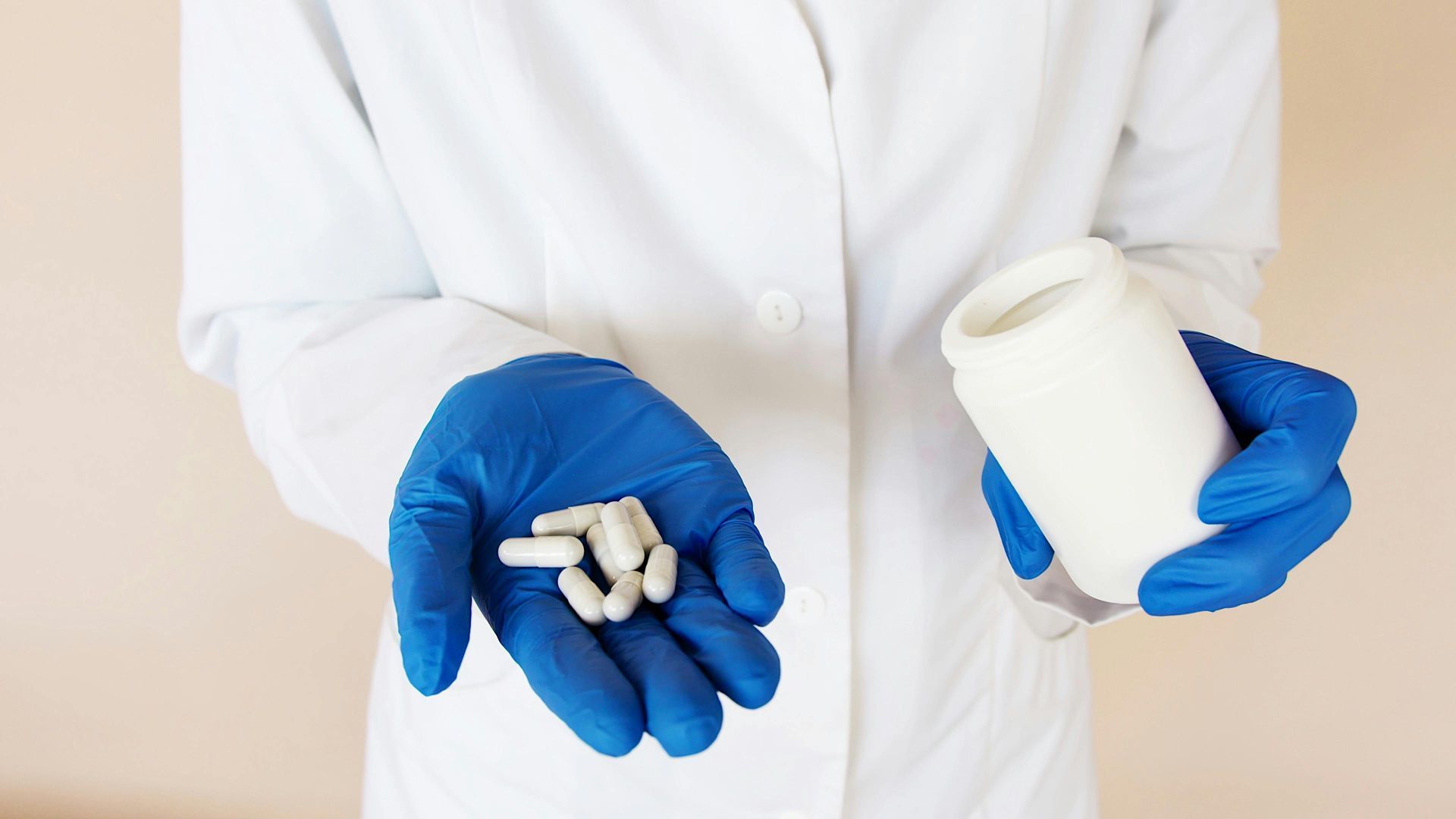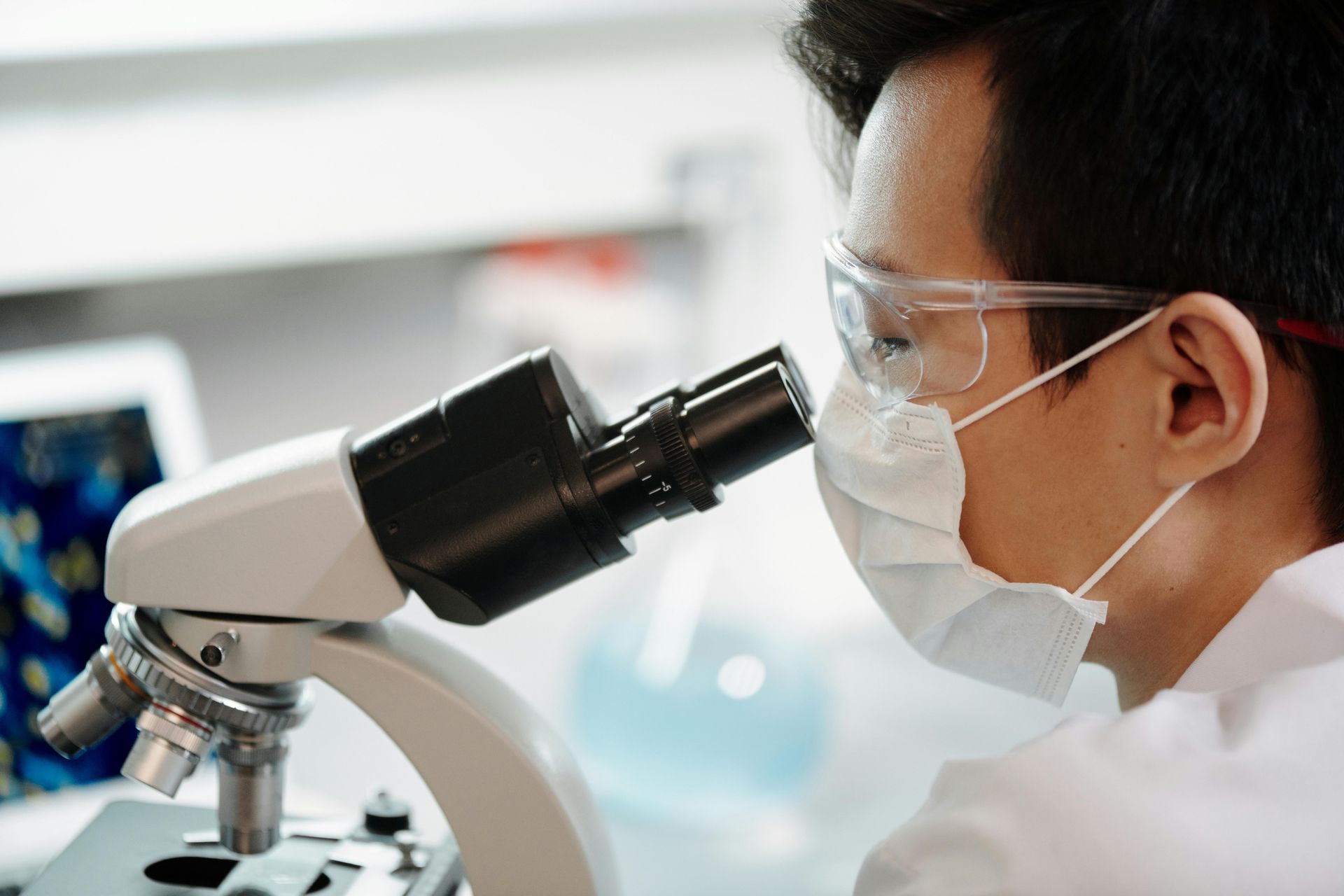The Benefits of Good Laboratory Practice Training
The medical industry hosts a large number of health-related clinical studies in order to research new pharmaceuticals and develop future treatments. The testing procedures
often involve
potentially dangerous materials and practices that require meeting regulatory and environmental requirements, in order to protect public health and the environment.

The Organization for Economic Co-operation and Development (OECD) is an international organization comprising several nations across North America, Europe, Australia, Japan, and various others. Its main goal is to promote economic progress on an international scale and sort out problems regarding world trade.
Among its responsibilities is implementing Good Laboratory Practices (GLP) for healthcare-related studies that medical companies must adhere to. But what does GLP cover, and why should you consider a GLP certification course?
What Is Good Laboratory Practice? An Overview
The OECD defines GLP as a “quality control system covering the organizational process and the conditions under which non-clinical health and environmental studies are planned, performed, monitored, recorded, reported, and retained.”
In other words, testing facilities undergoing research studies must report to the appropriate authorities to make sure that their clinical trial activities are safe and controlled. GLP demands that medical companies fulfill various obligations when it comes to the overall safety of their clinical or exploratory studies:
- Testing facilities and equipment must be properly maintained for undergoing studies.
- Operating procedures and laboratory practice regulations must be standardized and properly documented.
- Data and reports must be collected to keep records of daily operations.
- Facility staff, including quality assurance specialists and management teams, must have adequate training and be held accountable to GLP compliance.
Good Laboratory Practice originally began under the United States Food and Drug Administration back in the 1970s, but today has expanded into Canada (with the Standards Council of Canada), Denmark, New Zealand, and now the world through OECD.
So why is there so much interest in GLP among medical organizations around the world?
Why GLP Matters To the Medical Industry
You might be wondering why businesses in this field invest in GLP training for their staff. Following Good Laboratory Practice guidelines has a number of benefits for both public health and the facility’s regular operations.
Improving Operations Through Recorded Measurements
A facility with strong GLP practices understands the importance of keeping a paper trail of all laboratory measurements. This way, figures and data recorded during testing can be traced back to the source whenever necessary.
Once studies have generated findings, it’s then possible to verify those conclusions using empirical data and processes by backtracking where they came from. The end result is a more trustworthy study.
Ensuring Data Quality
Laboratory studies are intended to collect potentially useful information that could lead to the development of new drugs and treatments. This data is considered more reliable when it’s collected under a GLP-compliant lab, resulting in:
- More confidence in the conclusions and findings of the laboratory study, which also reduces the need for regulatory compliance investigations.
- More productivity when it comes to generating useful results and avoiding false findings.
- Stronger reputation for the facility and the company as a whole.
Accelerating the Time-To-Market
The ultimate result of these benefits is an improved time-to-market for new pharmaceutical products. Instead of wasting time with ineffective studies, additional testing, or going through investigations to find out what went wrong, GLP ensures that you have all your data ready from the beginning to empower conclusive results.
Instilling GLP Values Into Your Facility Operations
Good Laboratory Practices can’t be implemented overnight. It takes quite a bit of forward planning and collaboration among everyone in the business to achieve true Good Laboratory Practices.
For instance, an official Quality Management System is necessary to fulfill the basic requirements (such as documenting data and operating procedures) and measuring tools and equipment must be regularly cleaned and calibrated before use.
Most importantly, getting every staff member on board is a major step. Not only does upper management need to be on board, but individual employees and staff members need to have the right knowledge and experience with GLP when it comes to working on the factory floor. Only then can you identify potential quality issues and guarantee compliance.
Are Your Employees GLP Certified? Make Sure They Are with CfPIE
Compliance with GLP is necessary in a heavily regulated environment like the medical industry.
Businesses that focus on GLP compliance can develop and produce new pharmaceuticals and treatments in a cost-effective manner. Compliance managers will also have a better understanding of compliance requirements, best practices, and other critical information related to GLP certification.
Are you looking to become GLP certified? CfPIE’s dedicated GLP Certification Program is designed for industry professionals looking to become GLP certified. If your organization or testing facility has more than 10 employees looking to get certified, we also offer complete program tracks on-site at your facility.
In addition, if you are looking to get your facility itself certified, CfPIE may be able to help through our
GLP Facility Certification Program.
Blog Categories
Stay Informed


